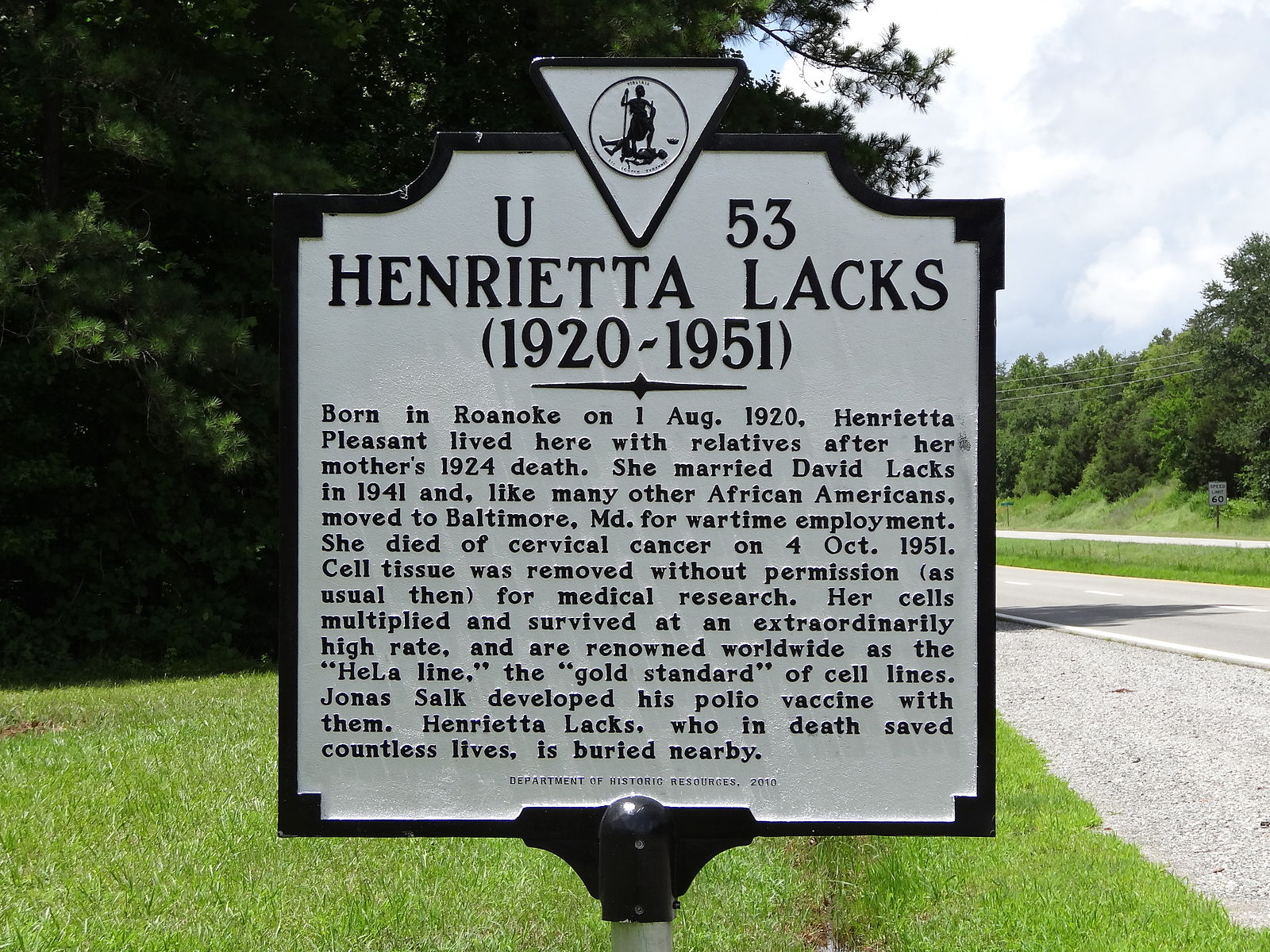Aggregated News

The family of Henrietta Lacks, a Black cancer patient whose cells were taken by Johns Hopkins University Hospital without her consent in 1951, has reached a deal over the unethical use of her cells with pharmaceutical company Thermo Fisher Scientific. Henrietta Lacks’s family has denounced the racist medical system that allowed the biotech company to make billions in profit from the “HeLa” cell line, which helped produce remedies for multiple diseases, including the first polio vaccine. Details of the settlement were not made public, but the plaintiffs celebrated the lawsuit’s resolution last Tuesday, on Henrietta Lack’s birthday. For more on the case and the history of medical racism in the United States, we speak with Dorothy Roberts, director of the University of Pennsylvania Program on Race, Science and Society. She is the author of several books, including Fatal Invention: How Science, Politics, and Big Business Re-create Race in the Twenty-first Century. “What happened to Henrietta Lacks didn’t just happen to her. It’s part of a long history of experimentation and exploitation of Black people in biomedical research,” says Roberts...



